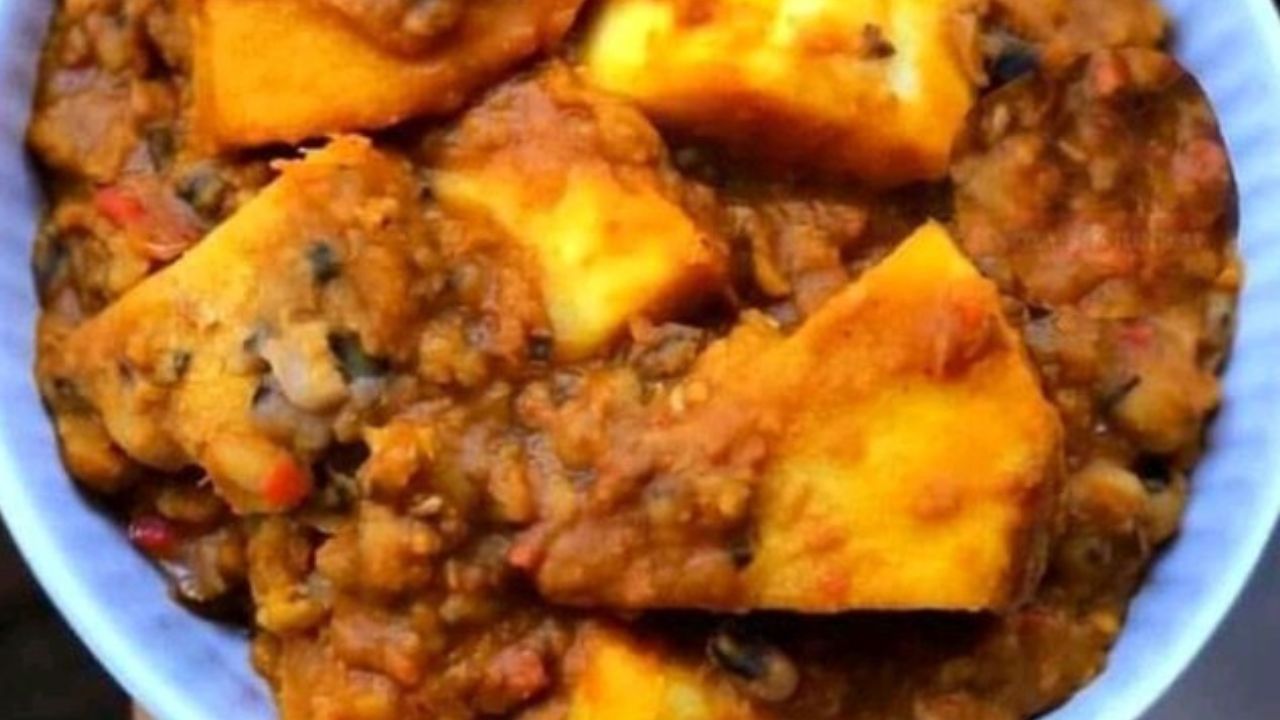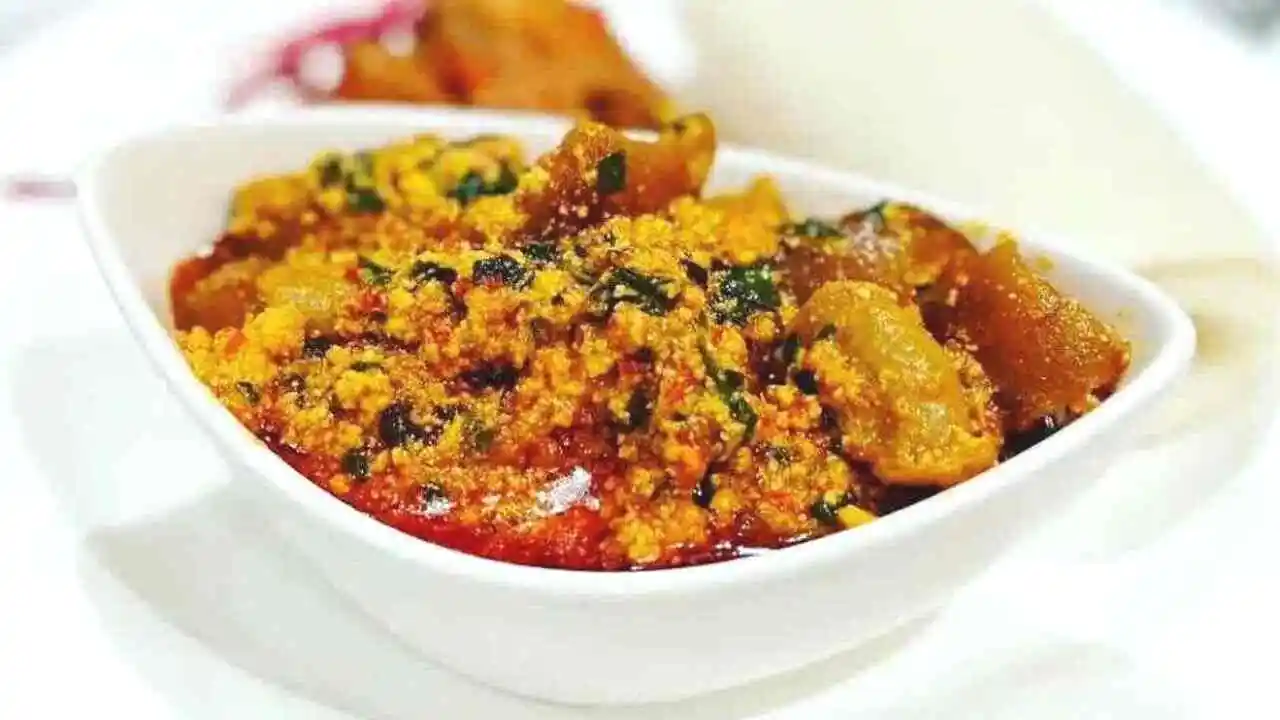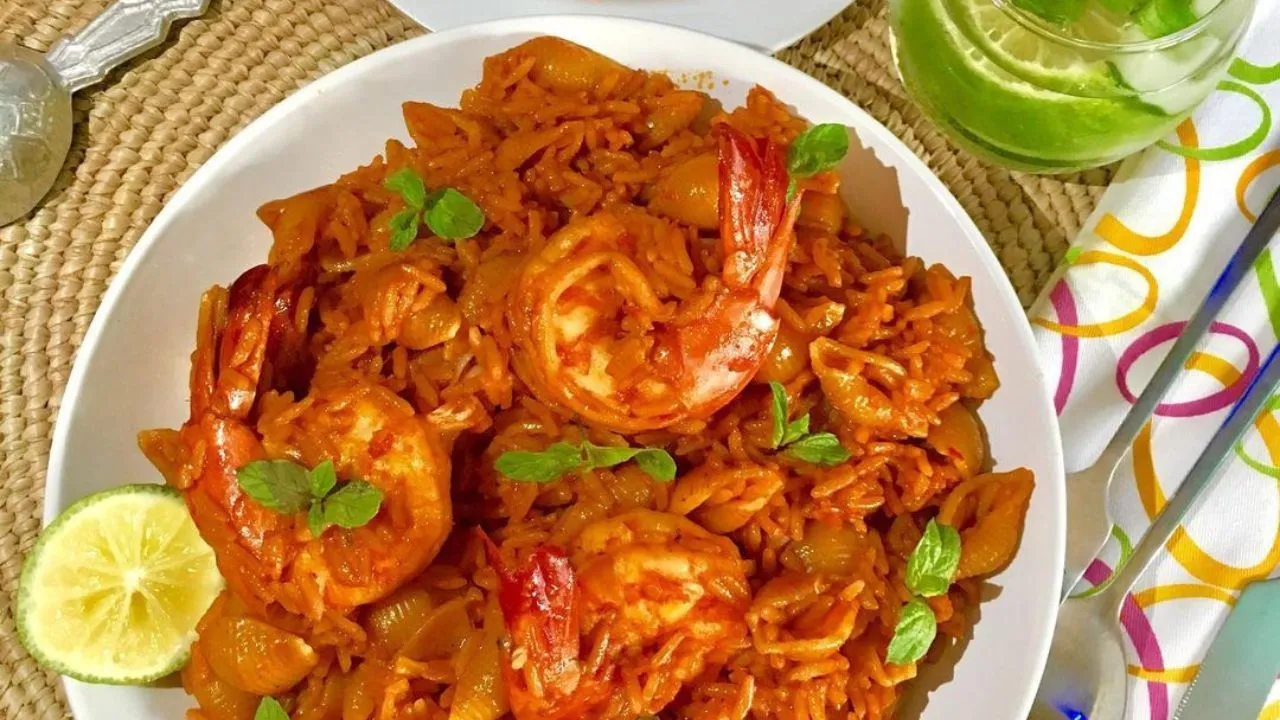Okpa is a delicious delicacy that is highly appreciated in eastern Nigeria, particularly in Enugu State. It is considered a traditional Nigerian dish and has gained popularity throughout the country. This article will provide you with a detailed guide on how to prepare Okpa, ensuring its original taste and captivating flavors.
Okpa flour, made from Bambara beans or Bambara groundnuts, is the key ingredient in this dish. It is important to use just the right amount of ingredients, as too much can alter the original taste.
How to Make Okpa
Equipment For Making Okpa
Cooking pot – Available on Amazon and Jumia
Wooden spatula – Available on Amazon and Jumia
Sieve – Available on Amazon and Jumia
Dried banana or plantain leaves (or leather)
Bowl – Available on Amazon and Jumia
Scooping spoon – Available on Amazon and Jumia
Sack thread
Blender (optional) – Available on Vevor, Amazon and Jumia
Ingredients For Making Okpa
3 cups of Okpa flour
Salt to taste
Habanero pepper
10 tablespoons of red oil
3 seasoning cubes
Procedure for Making Okpa
STEP 1: Wash the banana leaves in saltwater to prepare them for use.
STEP 2: Sieve the Okpa flour into a large bowl and add salt and crushed seasoning cubes to it.
STEP 3: Add the palm oil to the Okpa flour and mix thoroughly until well combined.
STEP 4: Gradually add warm water to the mixture while continuously stirring to ensure there are no lumps. The mixture should be watery to achieve the desired consistency.
STEP 5: Place water in a cooking pot and set it over medium heat. Allow it to boil, then turn off the heat and set it aside.
STEP 6: Slice the habanero pepper and add it to the mixture.
STEP 7: Taste the mixture to ensure the salt and seasonings are balanced. Adjust accordingly to your preference.
STEP 8: If you are using banana or plantain leaves, pour hot water over them. This helps soften the leaves, making it easier to wrap the mixture without tearing.
STEP 9: Take two sheets of banana or plantain leaves, fold them inwards, and fold one edge of the leaves over the other, similar to folding a mat. Make sure the content will not leak. Secure the folded leaves at the bottom using sack thread, ensuring it is tightly tied. Pour the mixture into the leaves, leaving some space at the top to prevent spillage. Finally, close the banana leaves tightly with the sack thread. Repeat this process until all the Okpa mixture is used. You can refer to a step-by-step video guide below for further assistance.
If you are using leather, pour the Okpa mixture and tie the leather securely.
STEP 10: Over medium heat, pour water into the cooking pot and bring it to a boil. Add the wrapped Okpa into the pot, cover it with the remaining leaves, and put the lid on top. Allow it to cook for approximately 1 hour.
STEP 11: The Okpa is done when it solidifies.
STEP 12: Serve hot.
Notes:
- Fresh banana or plantain leaves are not suitable for wrapping Okpa as they are too soft.
- Using an adequate amount of oil enhances the taste and gives Okpa a vibrant yellow color.
- Avoid using crayfish or onions, as they can alter the natural flavor of Okpa.
How to Serve Okpa
Okpa is best served with Akamu (pap) or custard. It can also be enjoyed as a snack.

Occasions to Serve Okpa
Okpa can be served for breakfast, lunch, or dinner.
How to Store Okpa
Store Okpa in the freezer or refrigerator, but remember to warm it before consumption.
Nutritional Value of Okpa
The nutritional benefits of Okpa are significant. It is rich in essential nutrients and helps prevent malnutrition, kwashiorkor, rickets, and other related conditions. Okpa also contributes to maintaining a healthy blood level and reduces the risk of cancer.
Conclusion
To simplify the preparation process, you can use a blender to blend the mixture. This method is faster and more convenient. By following the steps outlined above, you can enjoy a delicious plate of Okpa.
We hope you find this article helpful.
For further culinary inspiration, you can explore recipes for Ofe Akwu (palm nut soup) and Zogala Salad.




